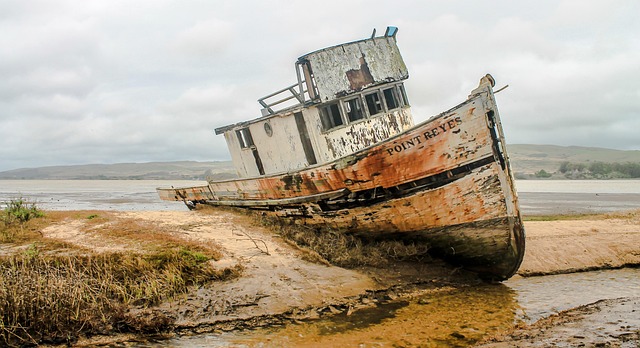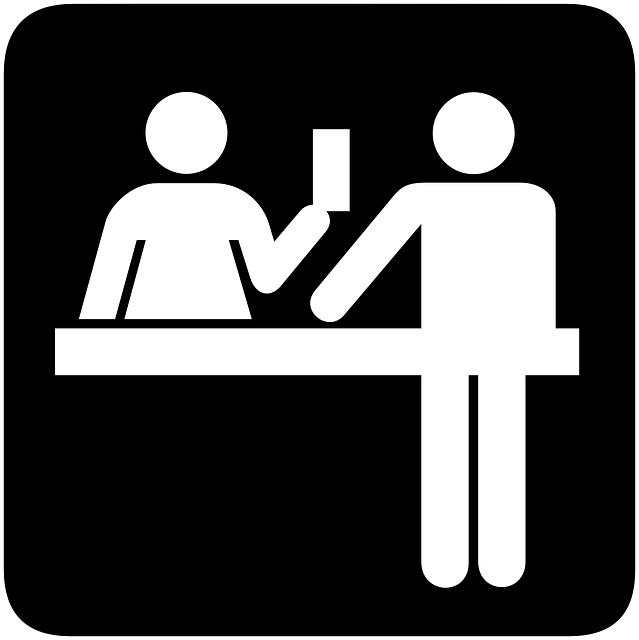When selling a home in California post-fire, strict property disclosure laws must be followed. Sellers must accurately disclose structural damage, repairs, and potential health hazards like asbestos or lead exposure on a Property Disclosure Statement (PDS). Meticulous documentation of repairs and remodels is crucial for legal protection and enhancing the property's market value. Inaccurate disclosures or omitting fire damage history can lead to legal issues and financial penalties. Always consult with real estate professionals or attorneys specializing in California's post-fire selling regulations.
When selling your home in California, especially after a house fire, knowing property disclosure requirements is crucial. This comprehensive guide navigates the essential disclosures you must make, from detailing repairs and remodels to addressing potential legal implications of non-disclosure. Whether you’re in the midst of a bustling real estate market or recovering from a devastating fire, understanding these regulations will ensure a smooth selling process. Learn about common mistakes to avoid and gain insights into documenting your property’s history accurately.
- Understanding Property Disclosure Requirements in California
- What to Disclose After a House Fire
- Legal Implications of Non-Disclosure
- Documenting and Proving Repairs and Remodels
- Common Mistakes Home Sellers Make During Disclosure
Understanding Property Disclosure Requirements in California
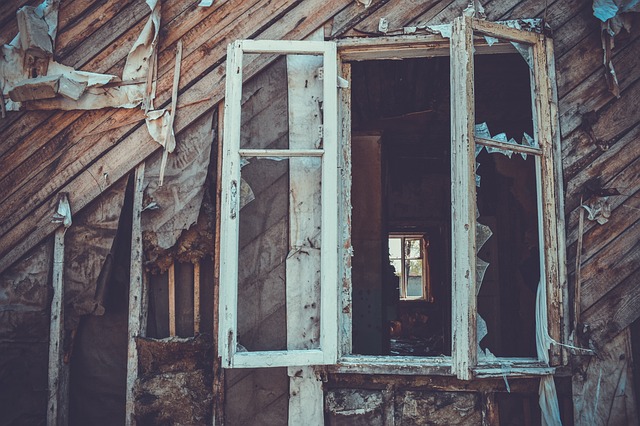
In California, property disclosure requirements are a crucial aspect of the real estate transaction process, especially for homeowners looking to sell their properties after a fire. When putting a home on the market following a fire, sellers must disclose any known damage or issues related to the incident. This includes structural damages, repairs needed, and potential health hazards like asbestos or lead exposure, which are common post-fire considerations. Failure to disclose such information accurately can result in legal repercussions for the seller.
California law mandates that sellers provide a Property Disclosure Statement (PDS) to buyers, outlining any known defects or problems with the property. This form is designed to ensure transparency and help buyers make informed decisions. For homes affected by fire, the PDS should include details about the cause of the fire, the extent of damage, and any ongoing remediation efforts. By understanding these disclosure requirements, California homeowners can navigate the selling process after a fire more effectively, ensuring both legal compliance and providing potential buyers with comprehensive information.
What to Disclose After a House Fire
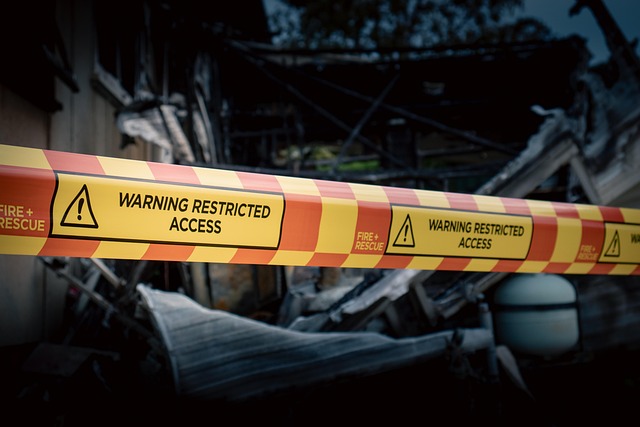
After a house fire, there are specific property disclosure requirements to keep in mind if you’re planning to sell your home in California. Homeowners are legally obligated to disclose any significant damage or issues that may impact a potential buyer’s decision. This includes details about the cause and extent of the fire, as well as any repairs or renovations undertaken since. A transparent conversation about these factors ensures ethical practices during the sale process.
California’s real estate laws mandate that sellers must provide accurate information to buyers, so any relevant history related to a house fire should be addressed upfront. This disclosure helps to foster trust and prevents legal complications down the line. It’s crucial to consult with a real estate professional or attorney familiar with California’s specific regulations to ensure compliance during the selling process of your home after a fire.
Legal Implications of Non-Disclosure
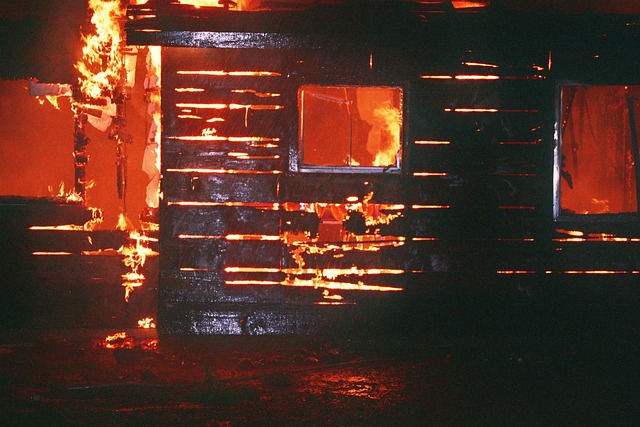
When selling a house after a fire in California, non-disclosure can have significant legal implications. Failure to disclose known material defects or previous damage from disasters like fires can lead to serious consequences for the seller. In California, real estate transactions are heavily regulated, and sellers are required by law to disclose any issues that could negatively impact a buyer’s decision to purchase the property.
Non-disclosure may result in legal disputes, with buyers potentially suing for damages if they discover undisclosed fire damage during or after the sale. Such lawsuits can lead to costly court battles and significant financial penalties for the seller. Therefore, it’s crucial for homeowners considering to sell their fire-damaged properties in California to consult legal experts and thoroughly evaluate their disclosure obligations to avoid potential legal pitfalls.
Documenting and Proving Repairs and Remodels
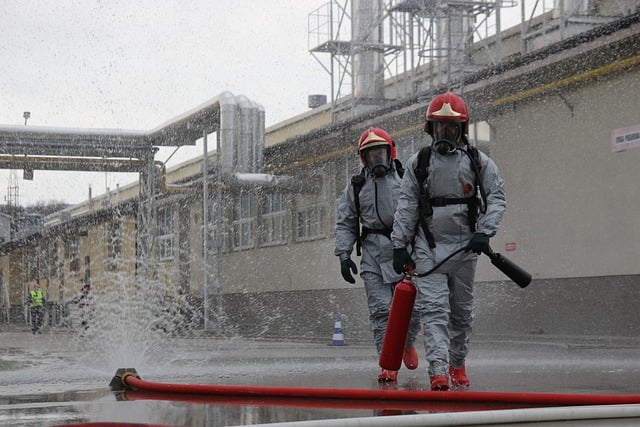
When preparing to sell a house after a fire in California, documenting and proving repairs and remodels is a crucial step. It’s essential to keep detailed records of all work done, including dates, costs, and contractors involved. This includes taking before-and-after photos, keeping receipts for materials, and gathering any permits or inspection reports.
In California, sellers are typically required to disclose any material defects known to them, so proving that necessary repairs have been made is vital. A well-documented history of renovations can demonstrate to potential buyers that the property has been diligently maintained and updated, enhancing its market value.
Common Mistakes Home Sellers Make During Disclosure
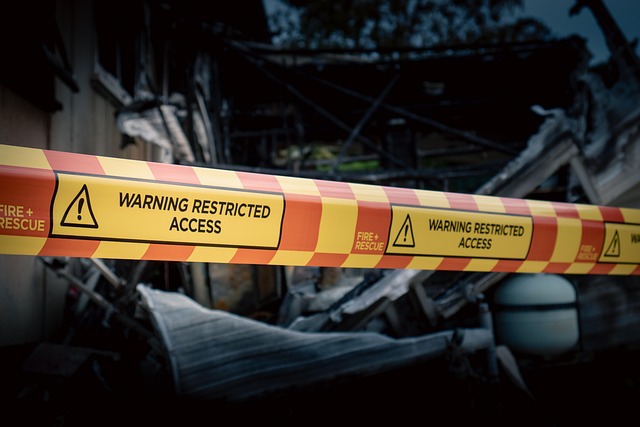
When selling a house after a fire in California, home sellers often make common mistakes that can lead to legal issues and delayed sales. One of the biggest blunders is underestimating the extent of damage and omitting crucial details about repairs needed. Sellers might assume that buyers won’t notice or care about fire damage, but thorough disclosure is essential for transparency. Many sellers also fail to provide complete records of restoration work, if any, which can raise suspicions among potential buyers.
Another mistake is not updating the property’s condition accurately in the listing. This includes neglecting to mention previous fires, even if they occurred years ago, as some buyers may have specific concerns or requirements when purchasing a home with a history of fire damage. Being honest and detailed in disclosure forms is vital to avoid legal complications later on, especially considering California’s strict regulations regarding real estate transactions.
When selling a house after a fire in California, adhering to strict property disclosure requirements is paramount. Understanding what needs to be disclosed, especially regarding fires and significant repairs or remodels, can protect both sellers and buyers from legal implications. By documenting and proving all relevant information, sellers can ensure a smooth transaction process. Avoiding common mistakes during disclosure, such as omitting crucial details or providing inaccurate information, is essential to maintaining trust and transparency throughout the sell house after fire California process.
